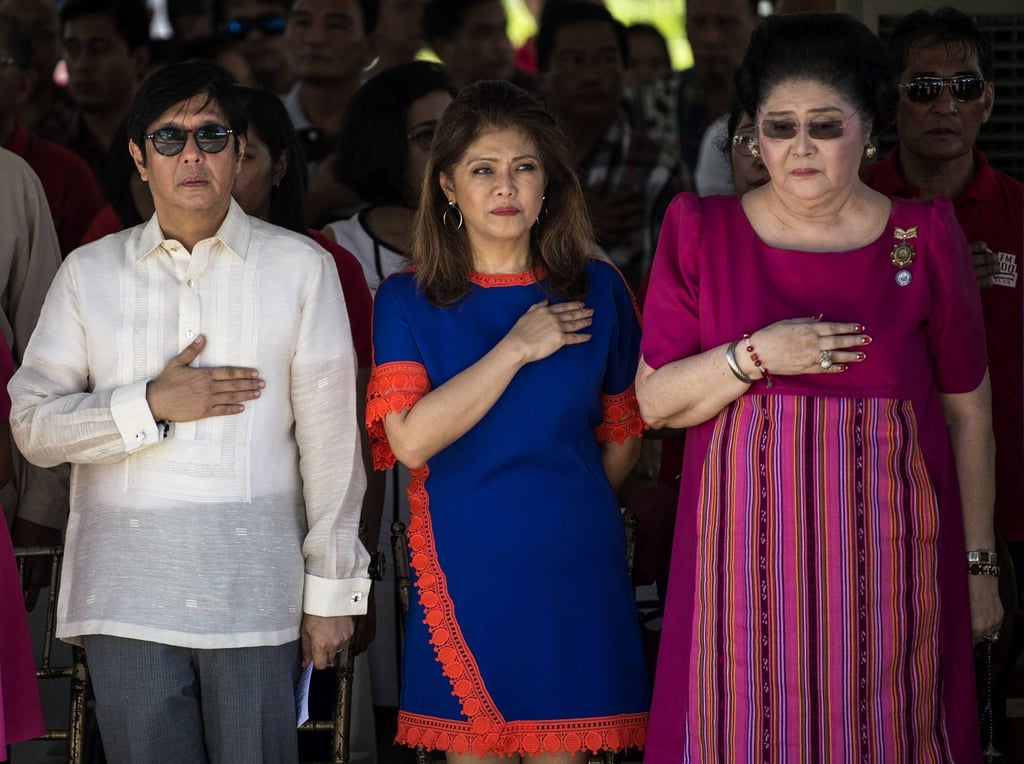In its final report released on Thursday, the EU Election Observation Mission said political power in the Philippines remained concentrated within a small circle of elite families, even in institutions meant to promote inclusive governance. The delegation had monitored the country’s May midterm polls at the invitation of the Philippine government.
“Political power is concentrated in dynastic families which, according to civil society organisations, have held four out of every five congressional seats in the outgoing convocation, including two-thirds of party-list seats reserved for under-represented sectors,” said Marta Temido, the mission’s chief observer and a member of the European Parliament.
Despite praising the “commitment to democracy” shown by Filipino voters – turnout stood at 81.65 per cent, the highest ever recorded for midterm elections – Temido said enduring problems such as vote-buying, election-related violence and an outdated legal framework continued to mar the electoral process.

Nearly half of the provisions in the Philippines’ 1985 omnibus election code were now obsolete, she said, having been superseded by the 1987 constitution or other laws. This left electoral legislation “scattered and not harmonised”, raising barriers to accountability and reform.


